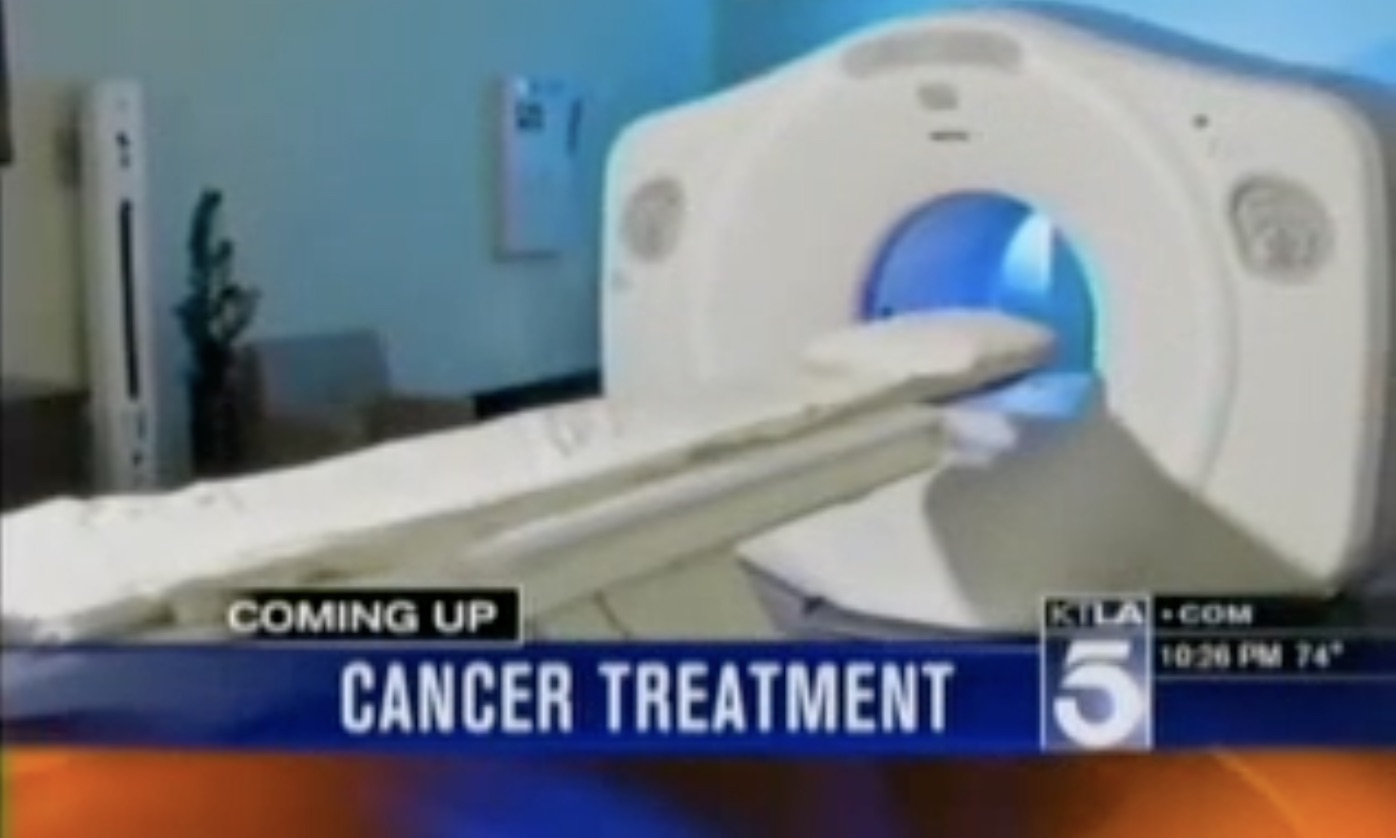Testing and Diagnosis of Prostate Cancer
To check for prostate cancer, a doctor may start with the following tests:
- Digital Rectal Exam (DRE):
During this simple test, the doctor gently inserts a gloved, lubricated finger into the rectum to feel the prostate. They check for any unusual size, shape, or texture.
- Prostate-Specific Antigen (PSA) Test:
This test involves drawing a small sample of blood from your arm. The lab checks for PSA, a substance made by the prostate. High levels of PSA in the blood can signal a prostate problem, though this alone doesn't confirm cancer.
These initial tests can detect abnormalities in the prostate, but they don’t confirm if cancer is present.
Additional Diagnostic Tests
If something unusual is found, the doctor may recommend further testing:
- Ultrasound:
A small probe is inserted into the rectum to create images of the prostate using sound waves.
- Prostate Biopsy:
A small sample of prostate tissue is taken and examined under a microscope in a lab. This is one of the most effective ways to check for cancer.
Determining the Severity
Since prostate cancer can develop slowly, more tests may be done to understand how aggressive it is. The cells from the biopsy are compared to healthy prostate cells. This helps the doctor determine how fast the cancer might grow or spread.


